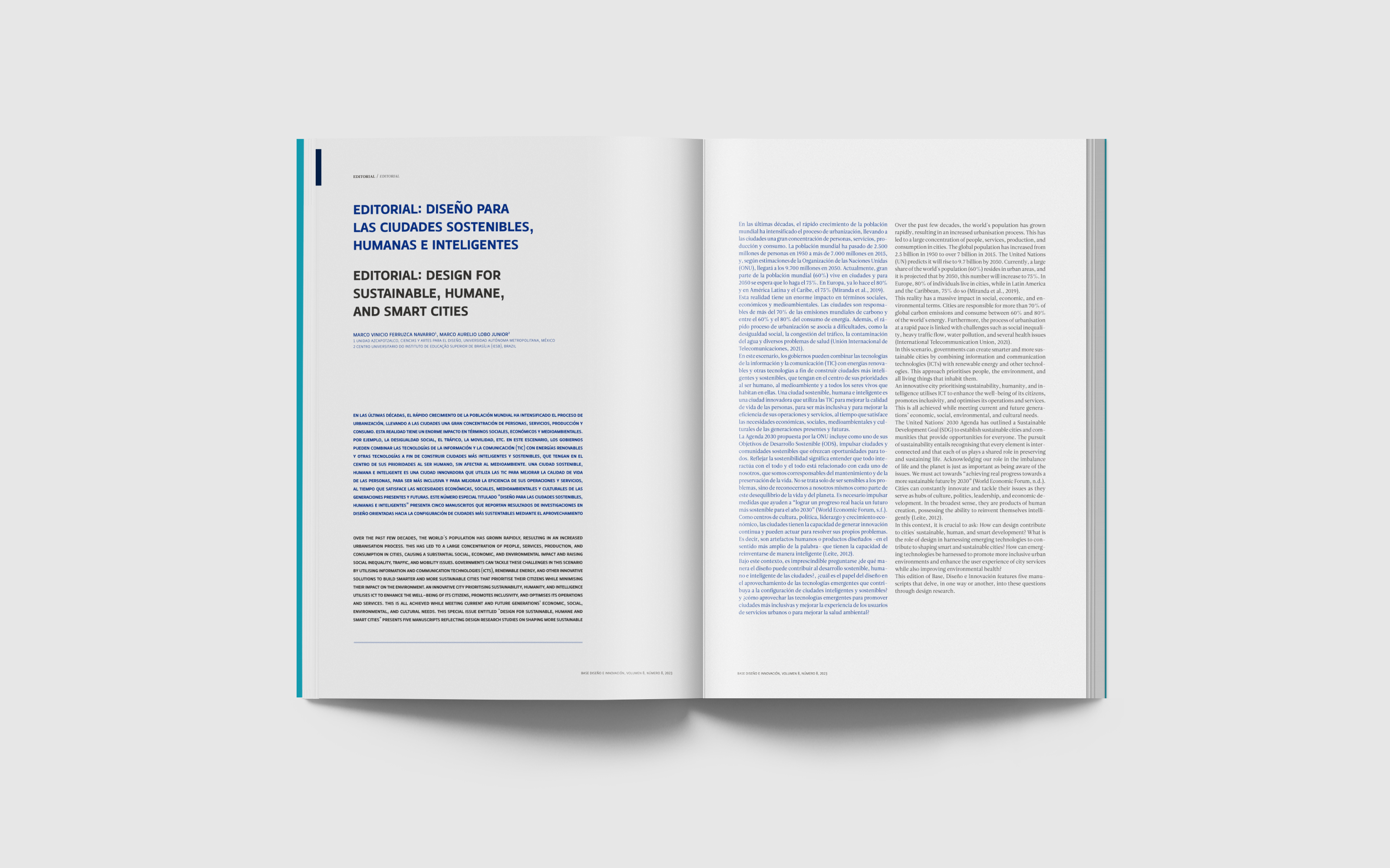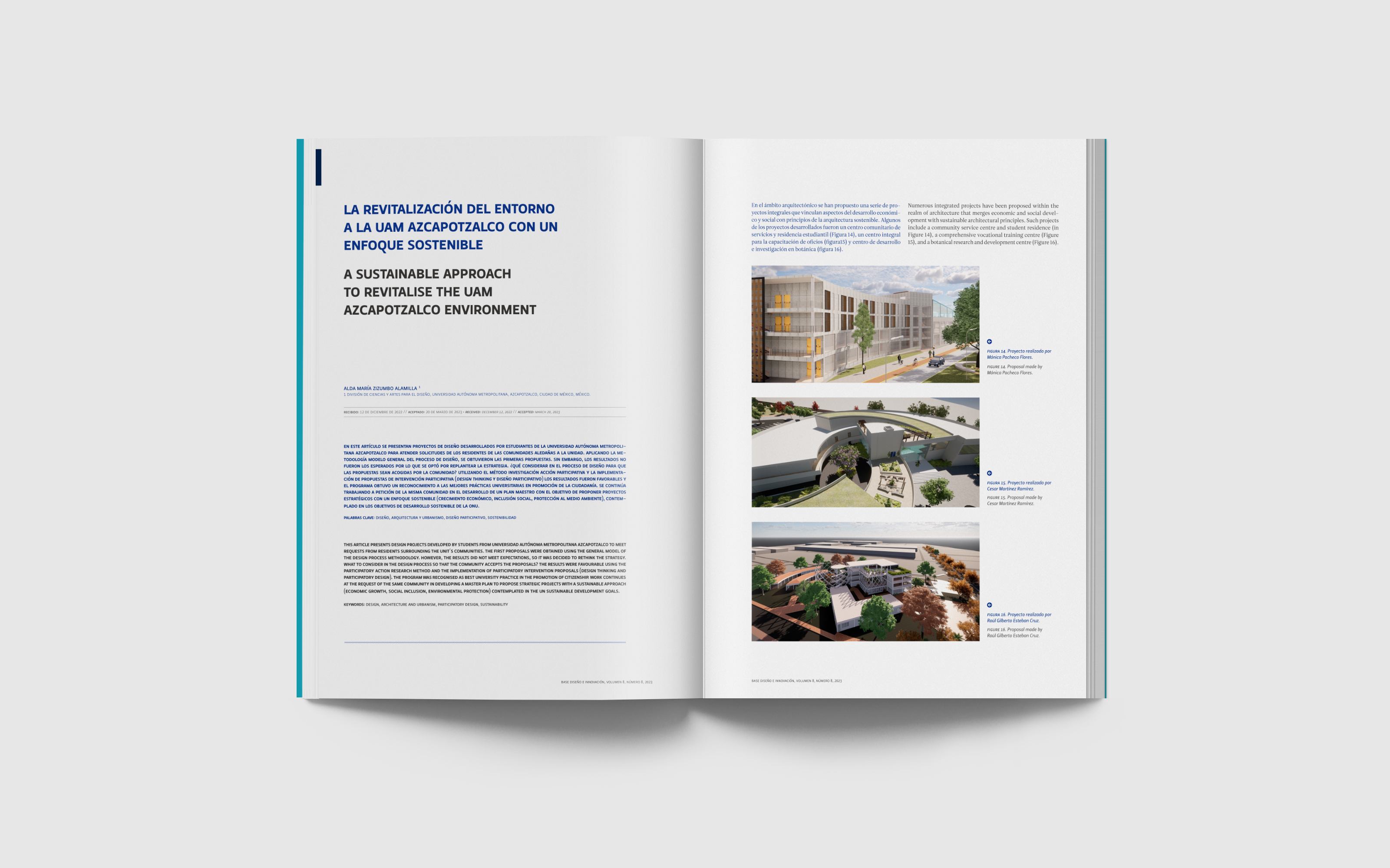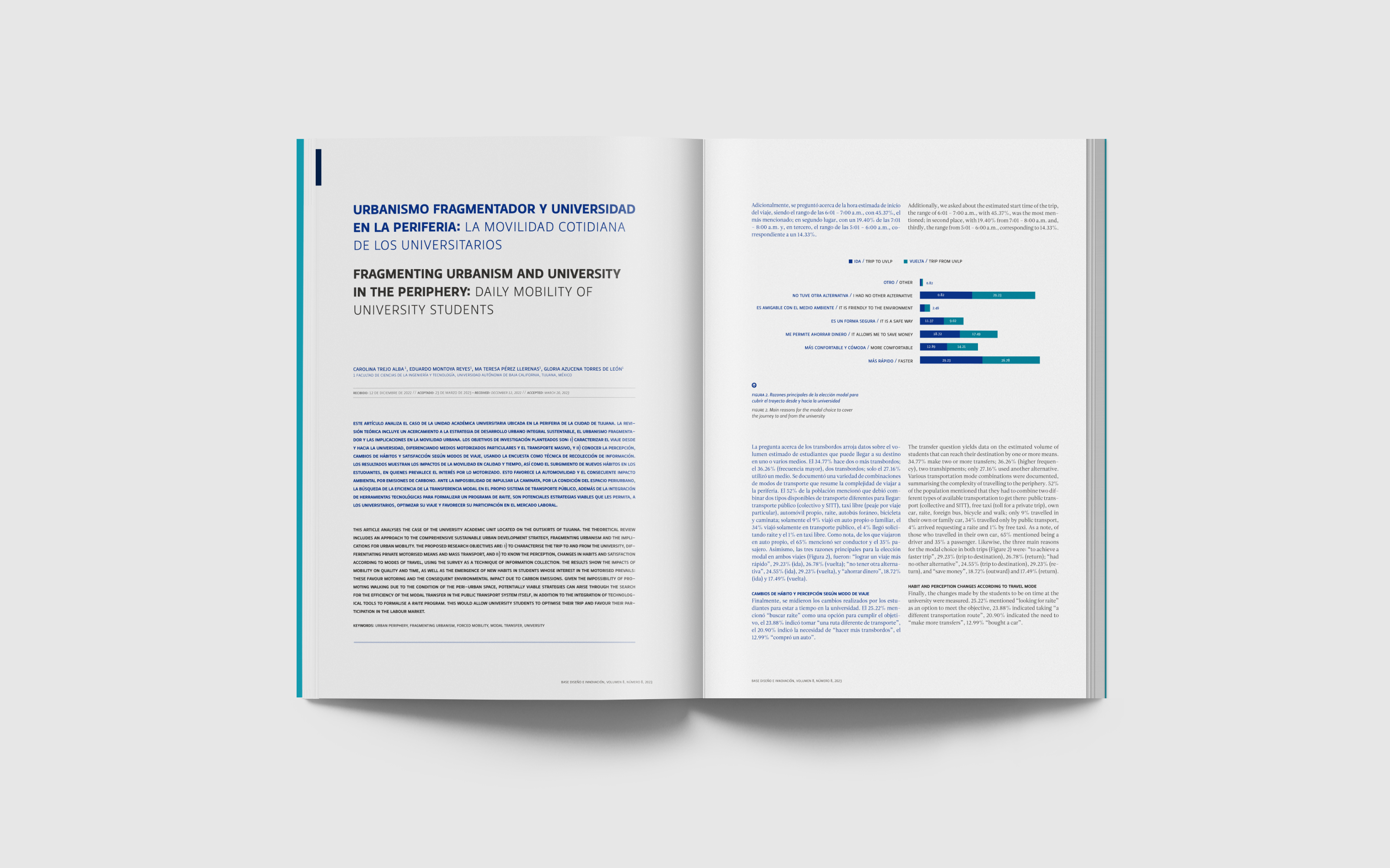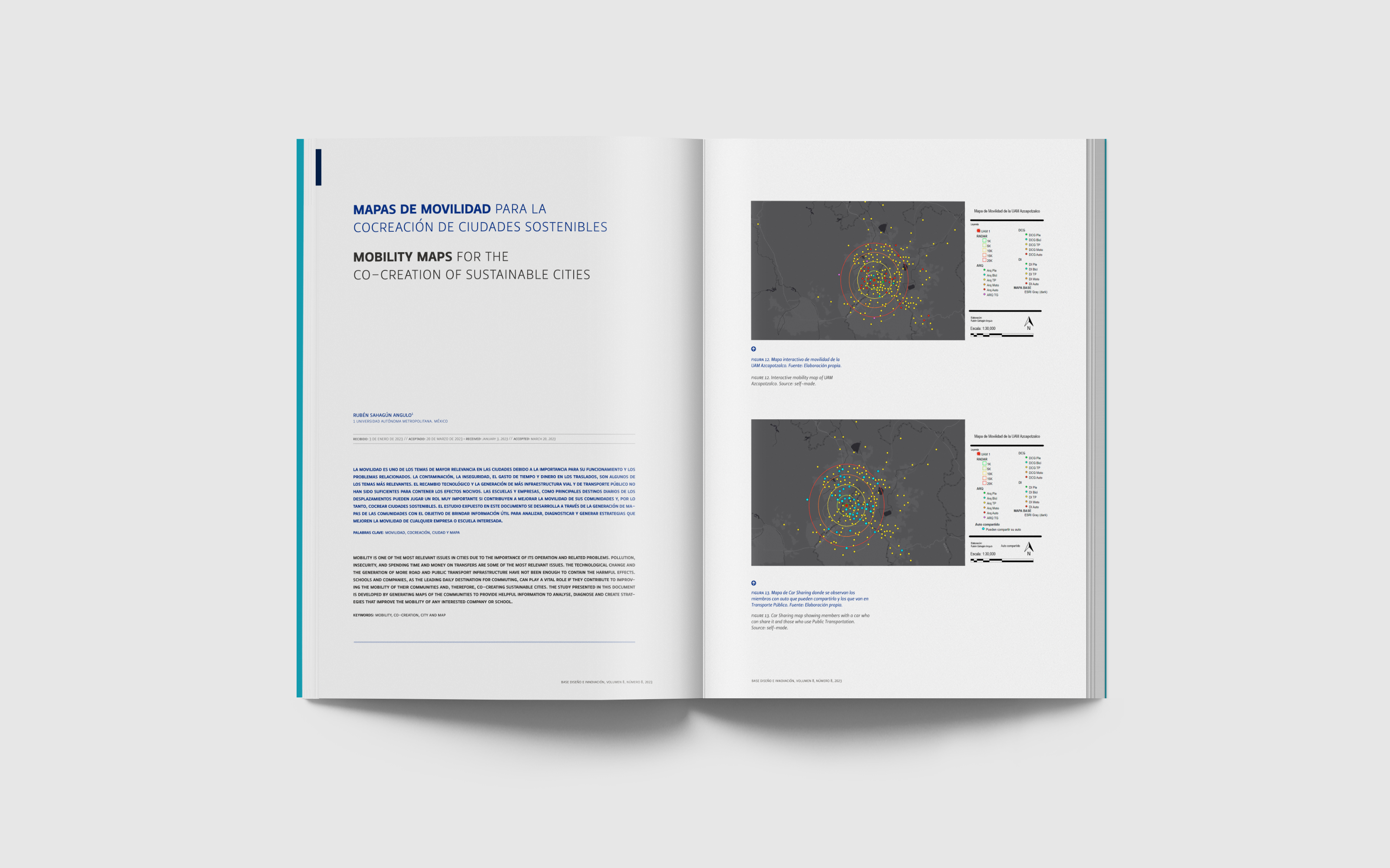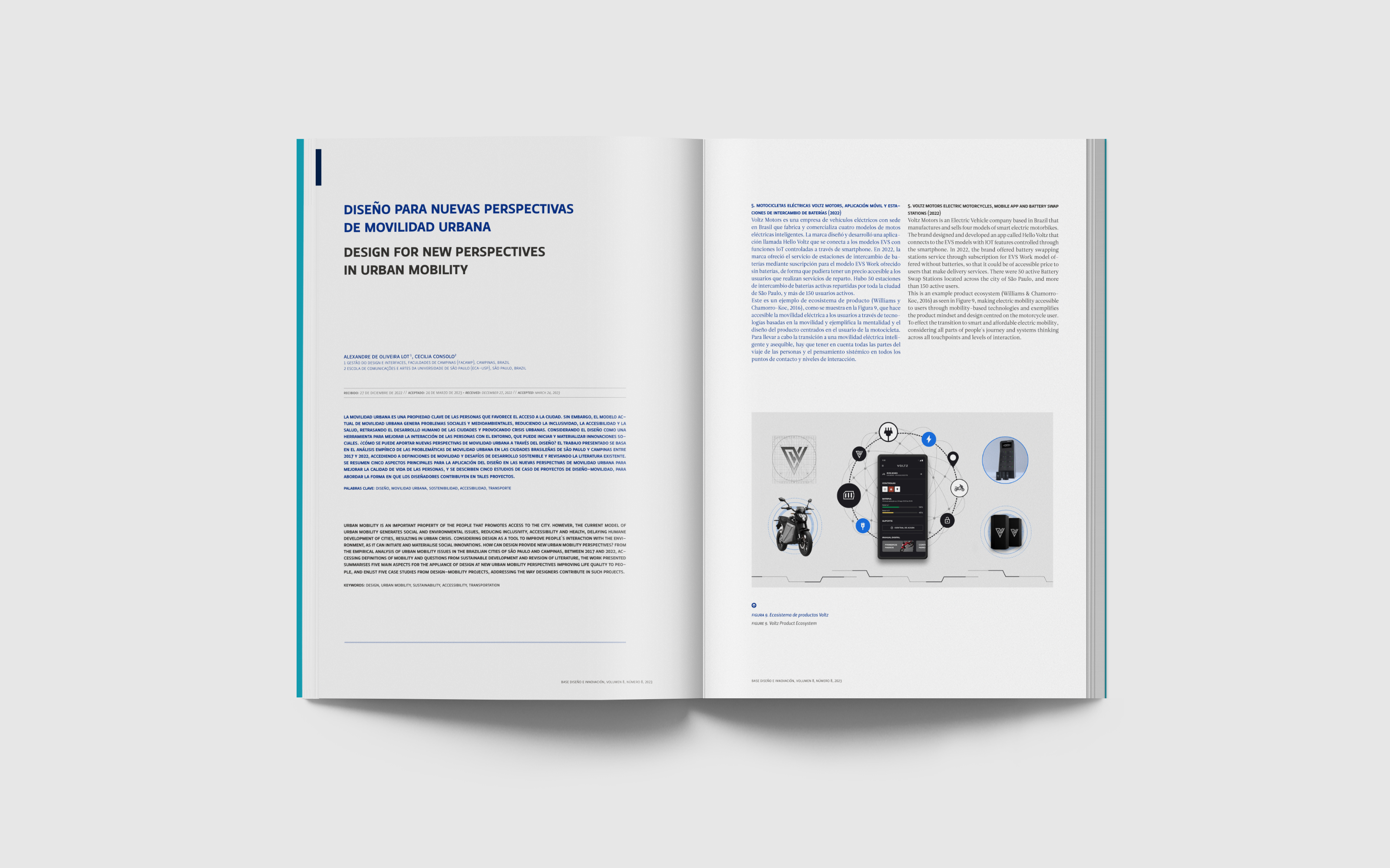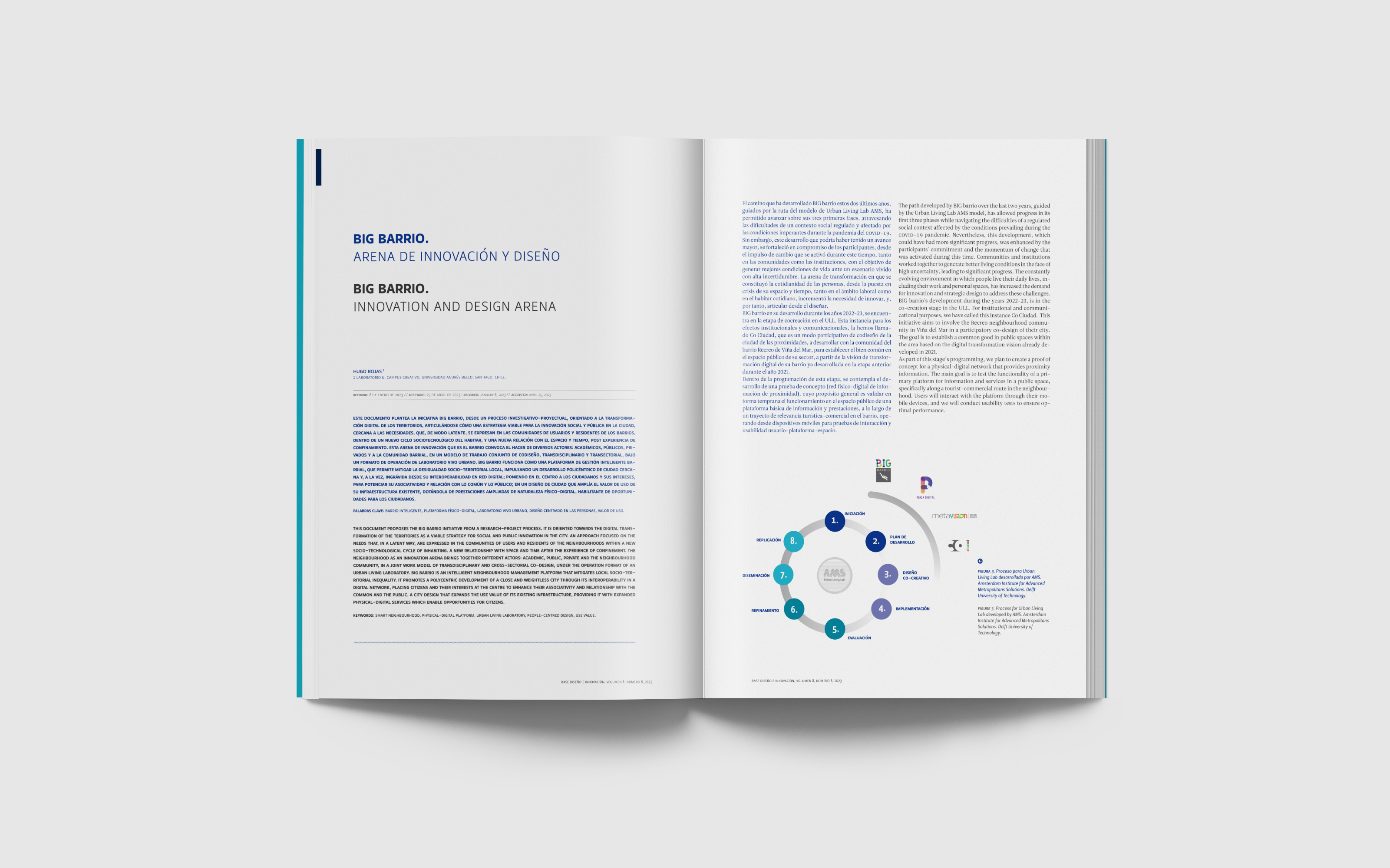Over the past few decades, the world's population has grown rapidly, resulting in an increased urbanisation process. This has led to a large concentration of people, services, production, and consumption in cities, causing a substantial social, economic, and environmental impact and raising social inequality, traffic, and mobility issues. Governments can tackle these challenges in this scenario by utilising information and communication technologies (ICTs), renewable energy, and other innovative solutions to build smarter and more sustainable cities that prioritise their citizens while minimising their impact on the environment. An innovative city prioritising sustainability, humanity, and intelligence utilises ICT to enhance the well-being of its citizens, promotes inclusivity, and optimises its operations and services. This is all achieved while meeting current and future generations’ economic, social, environmental, and cultural needs. This special issue entitled "Design for sustainable, humane and smart cities" presents five manuscripts reflecting design research studies on shaping more sustainable cities in a broad sense and harnessing emerging digital technologies.
Guest editors: Marco Vinicio Ferruzca Navarro, Universidad Autónoma Metropolitana, México, and Marco Aurelio Lobo Junior, Centro Universitario IESB, Brasil.
Published: 2023-06-19


